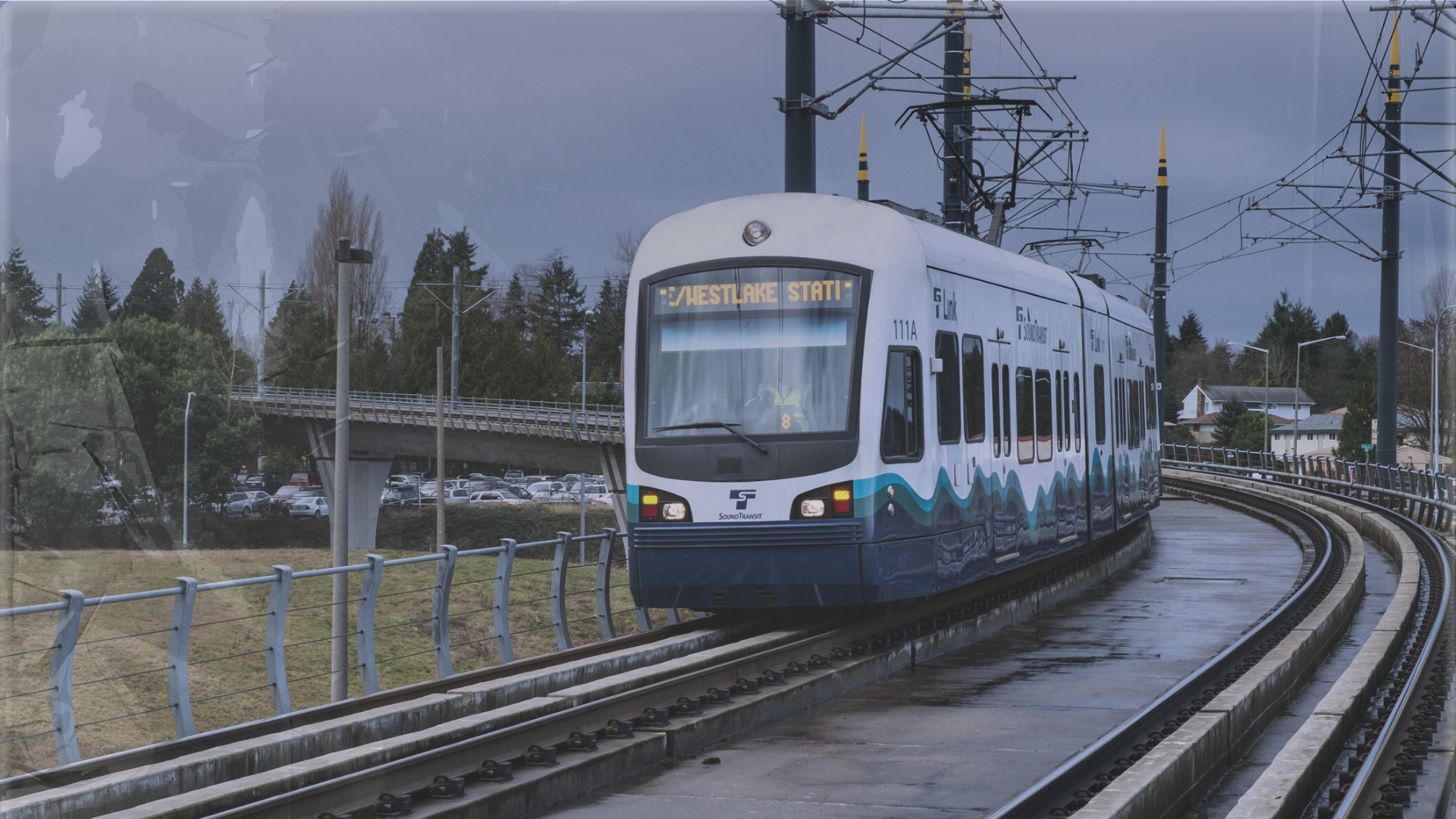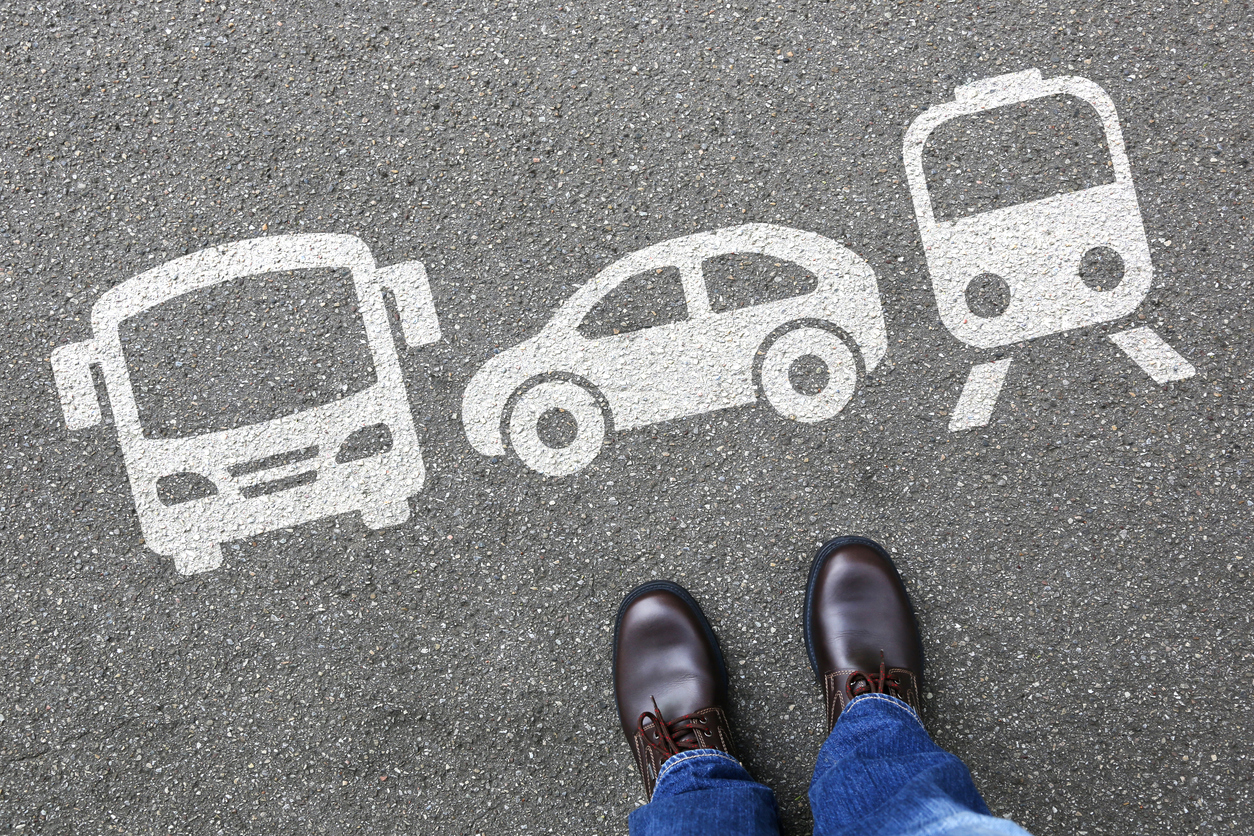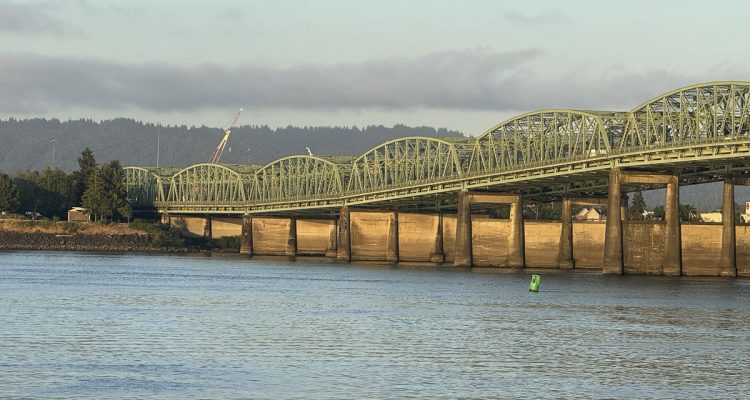Download the full Policy Brief
Key Findings
- There is a significant difference between the Road Usage Charge Pilot Project and the policy that could be enacted in our state, which would likely take the form of a general mileage tax.
- The pilot project is an isolated experiment in which volunteers receive simulated invoices based on a flat charge of 2.4 cents per mile driven on public roads.
- If the assessment of the pilot project’s success depends on public satisfaction or perception (which can be manipulated) and eliminates very real policy variables from the discussion, then the pilot will undoubtedly be called a tremendous success.
- If a Road Usage Charge is implemented as a state policy, Puget Sound Regional Council officials note they would like “a broader consideration of possible uses” (they do not want mileage tax revenue to be protected by the 18th amendment, like the state gas tax is, for highway purposes only).
- Used for spending unrelated to roads, a Road Usage Charge is not a targeted user fee, but a general tax.
- Social policy objectives identified by the Washington State Transportation Commission suggest officials would attempt to use a mileage tax to change people’s driving behavior, which would be in line with current state law that recommends a 50% reduction in per capita driving by 2050.
- A Road Usage Charge, as a policy in Washington state, is likely to be ineffective as a true user fee.
Introduction
This year, I have had the chance to be a volunteer participant in the state’s Road Usage Charge (RUC) Pilot Project, intended to test the concept of imposing a mileage tax on Washington drivers. The idea is being floated by the Washington State Transportation Commission (WSTC).
I have tried the most invasive of the mileage reporting methods (the controversial GPS-enabled transponder installed in my car) and recently switched to a less invasive method (the odometer reading), to see how this would work in daily life.
I wanted to experience the pilot for myself in a way that would hopefully help inform my view of what a state mileage tax would look like should it become policy. To be clear, there is a significant difference between a user fee pilot and a mileage tax policy, which I want to outline here.
Download the full Policy Brief





